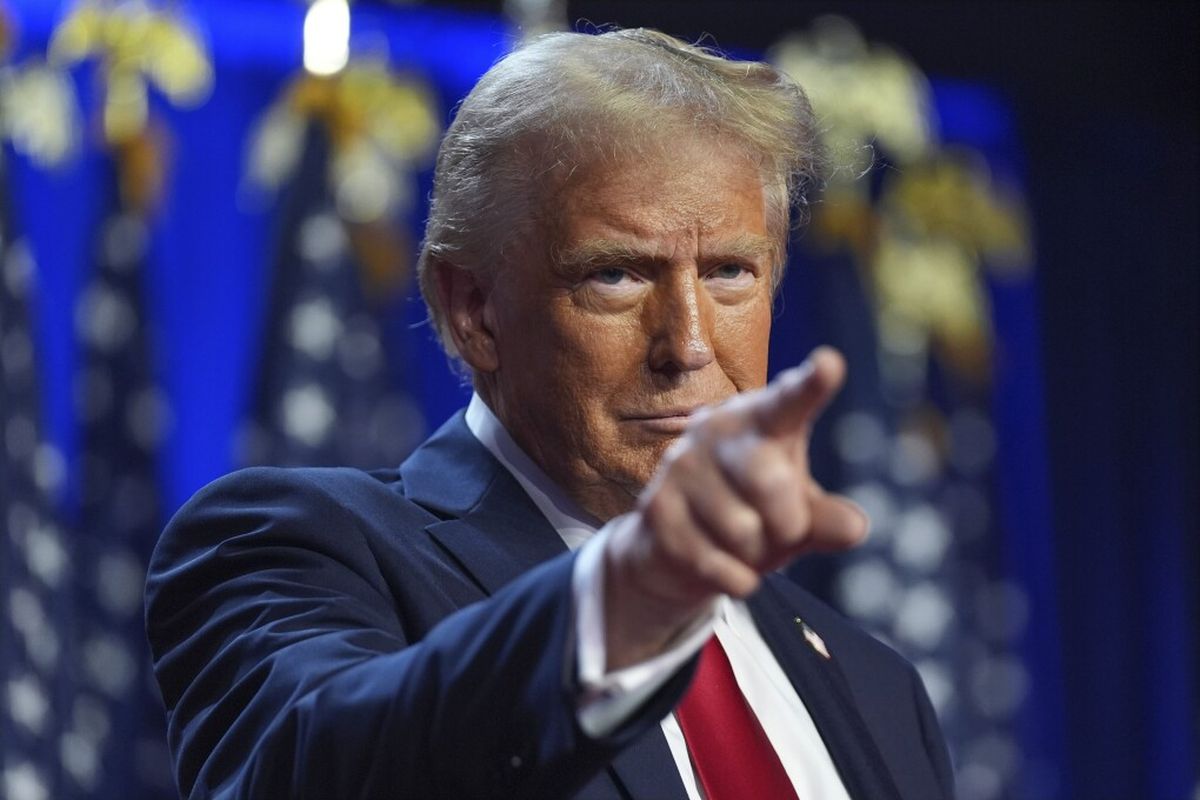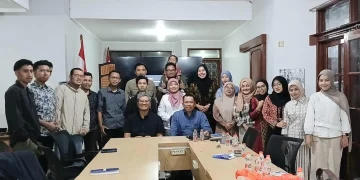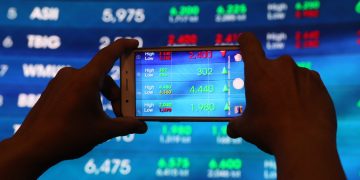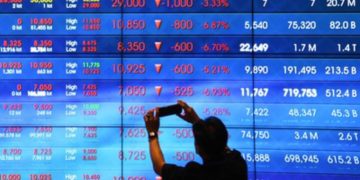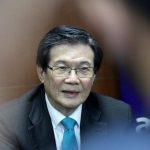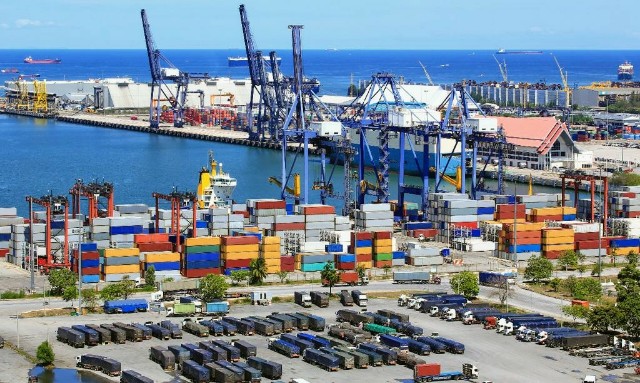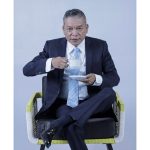Jakarta – Coordinating Minister for Economic Affairs Airlangga Hartarto stated that Indonesia is ‘immune’ enough to face tariff policies imposed by the United States (US). This is in line with the possibility of a high import tariff policy that will be implemented by the US after Donald Trump is inaugurated as US President on January 20, 2025.
“Tariffs from the US have become commonplace. The US imposes tariffs on our shoes, clothes, and various commodities. While Vietnam, for example, is not subject to tariffs. But we are already quite immune to tariffs imposed by the US on Indonesia,” Airlangga said after the Business Competitiveness Outlook 2025 event, in Jakarta, quoted on Tuesday, January 14, 2025.
Airlangga emphasized that Indonesia is taking mitigation steps through a bilateral economic cooperation approach so that import tariff policies from the US can be minimized.
“Yes, we are asking for bilateral economic cooperation so that the tariffs can be reduced,” he explained.
Read also: Minister of Cooperatives Submits List of Financial Services Sector Cooperatives to OJK
Airlangga also mentioned the forms of cooperation that can be carried out in this effort. One option being considered is a free trade agreement (FTA) between Indonesia and the US.
“Bilateral can be in the form of an FTA or in other forms,” he concluded.
In addition, Indonesia is taking mitigation measures through a bilateral economic cooperation approach so that import tariff policies from the US can be minimized.
“Yes, we are asking for bilateral economic cooperation so that the tariffs can be reduced,” he added.
Read also: Ahead of Donald Trump's Inauguration, Trade Tariff Policy becomes a Polemic
For information, US President-elect Donald Trump threatened to impose an import tariff of 100 percent on goods coming from countries that dedollarize, as his campaign promise in November 2024.
This move is part of Trump’s strategy to counter the efforts of countries such as China, India, and other BRICS members who are trying to diversify their trade and reduce dependence on the US currency.
It confirms Trump’s protectionist stance and his determination to maintain the dollar’s status as the world’s reserve currency. (*)


